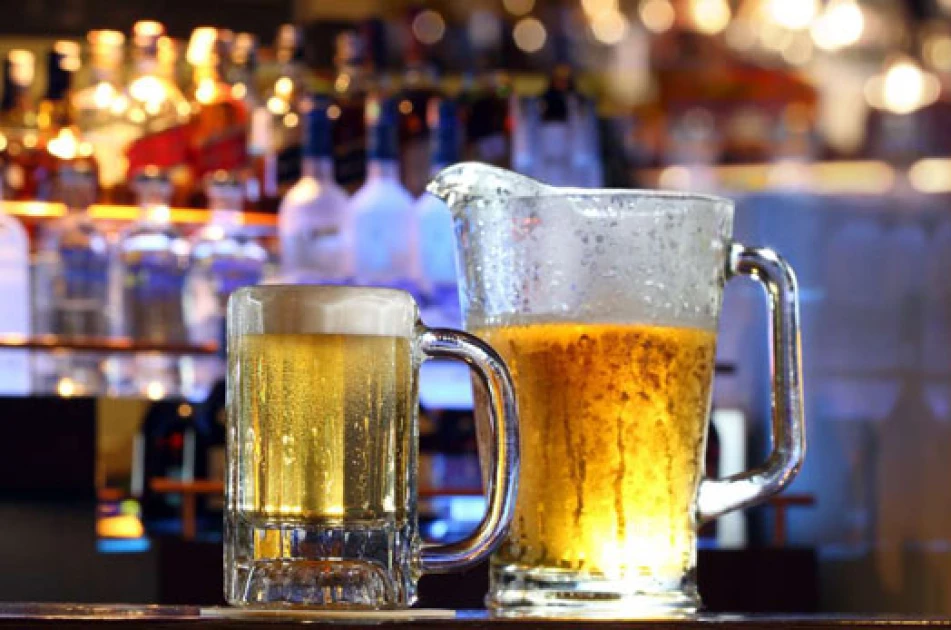UK Issues Travel Alert over Fake Alcohol Risk in Kenya

The United Kingdom has issued a new travel advisory warning its citizens to be cautious when consuming alcohol in Kenya due to the risk of methanol poisoning from counterfeit drinks. The alert, released by the UK’s Foreign, Commonwealth & Development Office (FCDO), lists Kenya among eight new countries where travellers have reportedly suffered from methanol-related poisoning.
Other countries added to the list include Nigeria, Uganda, Japan, Mexico, Peru, Ecuador, and Russia. This update expands on existing travel warnings for destinations such as Thailand, Laos, and Vietnam, where British tourists have previously fallen ill or died after consuming tainted alcohol.
Methanol, commonly found in industrial substances such as antifreeze and paint thinners, is sometimes illegally added to alcoholic beverages to reduce production costs. Unlike ethanol, the type of alcohol used in drinks, methanol is highly toxic and not meant for consumption. It is also colourless, tasteless, and odourless, making it extremely difficult to detect.
According to Doctors Without Borders, even a small dose of just 30 millilitres can cause blindness or death within 12 to 48 hours. Early signs of methanol poisoning include nausea, vomiting, dizziness, and confusion, while severe symptoms such as blurred vision, breathing difficulties, and loss of consciousness can appear within two days.
What should travellers do to stay safe?
Hamish Falconer, the UK Minister for Consular and Crisis, urged British travellers in Kenya and other affected countries to exercise vigilance. He advised them to purchase only sealed beverages from licensed outlets and avoid homemade or pre-mixed cocktails.
“In some destinations, including Kenya, travellers have been exposed to drinks containing methanol, which can be fatal,” Falconer said, calling for “responsible drinking and awareness when purchasing alcohol abroad.”
How has Kenya responded to the warning?
In response to the UK’s advisory, the Kenya Bureau of Standards (KEBS) clarified that methanol available in Kenya is denatured using denatonium benzoate, a chemical so bitter that it makes the substance undrinkable.
“All methanol in the country is denatured by adding the bitterest chemical called denatonium benzoate. This means that methanol found in Kenya can never be mistaken for alcohol, as this component makes its taste extremely bitter for human ingestion,” KEBS said in a statement.
However, the bigger concern may be the widespread sale of illicit alcohol. A May 2024 study by London-based market research firm Euromonitor revealed that unregulated liquor accounted for 60% of all alcohol consumed in Kenya last year. The report cited high taxes on legal drinks, affordability of illegal brews, and weak enforcement at the county level as key drivers behind the problem.
The government has continued to crack down on unlicensed manufacturers, but with counterfeit alcohol still flooding the market, the risk remains high for both locals and visitors. Travellers are being urged to take extra precautions, especially in bars and roadside outlets, where verifying the authenticity of alcohol may be difficult.
By Lucky Anyanje










